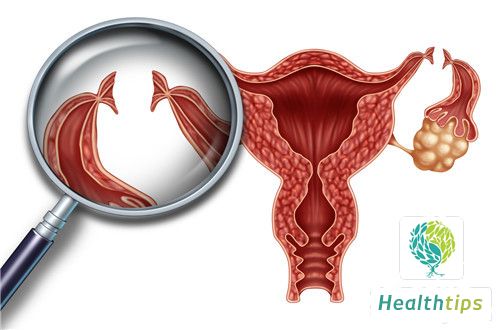How Can One Determine the Quality of an Egg: Good or Bad?

The quality of a woman's egg can be determined by B-ultrasound, and also referenced to the woman's age, as generally speaking, the older the woman is, the poorer the quality of the egg tends to be. The regularity and healthiness of a woman's daily life and dietary habits can also directly affect the quality of the egg, so it is important to maintain a regular and healthy routine before planning to conceive. Among all the methods of monitoring ovulation, B-ultrasound monitoring is the most accurate, as it can not only detect whether there are dominant follicles in both ovaries, but also measure the size of the dominant follicles, the thickness of the endometrium, and so on. Additionally, this method can also help predict ovulation and guide conception to a certain extent.
Sexual activity during menstruation can stimulate the body to produce anti-sperm antibodies, causing pelvic infection, endometriosis, etc., and reducing the vitality of eggs. After an artificial abortion, the pregnancy is suddenly interrupted, and the level of hormones in the body drops suddenly, affecting the internal environment for egg survival and the quality and vitality of eggs. Frequent neglect of dietary adjustments or fatigue due to staying up late or working overtime can also reduce egg quality.
Egg quality is influenced by various factors such as age, diet, exercise, and daily routine, so improving egg quality also requires addressing these factors and making adjustments in daily habits. Additionally, egg quality is greatly influenced by age, and after 35 years old, ovarian function and egg quality tend to decline. Therefore, from the perspective of eugenics, it is best to conceive before 35 years old.



















